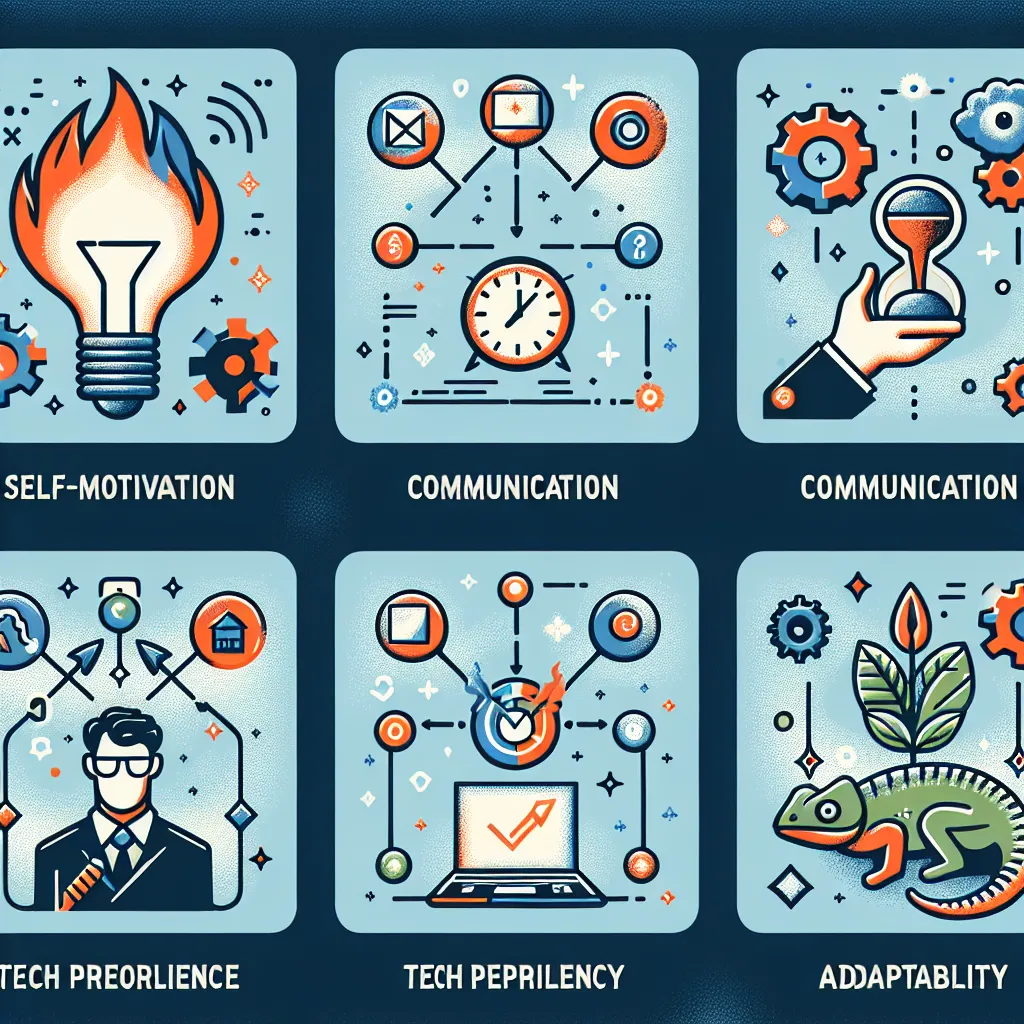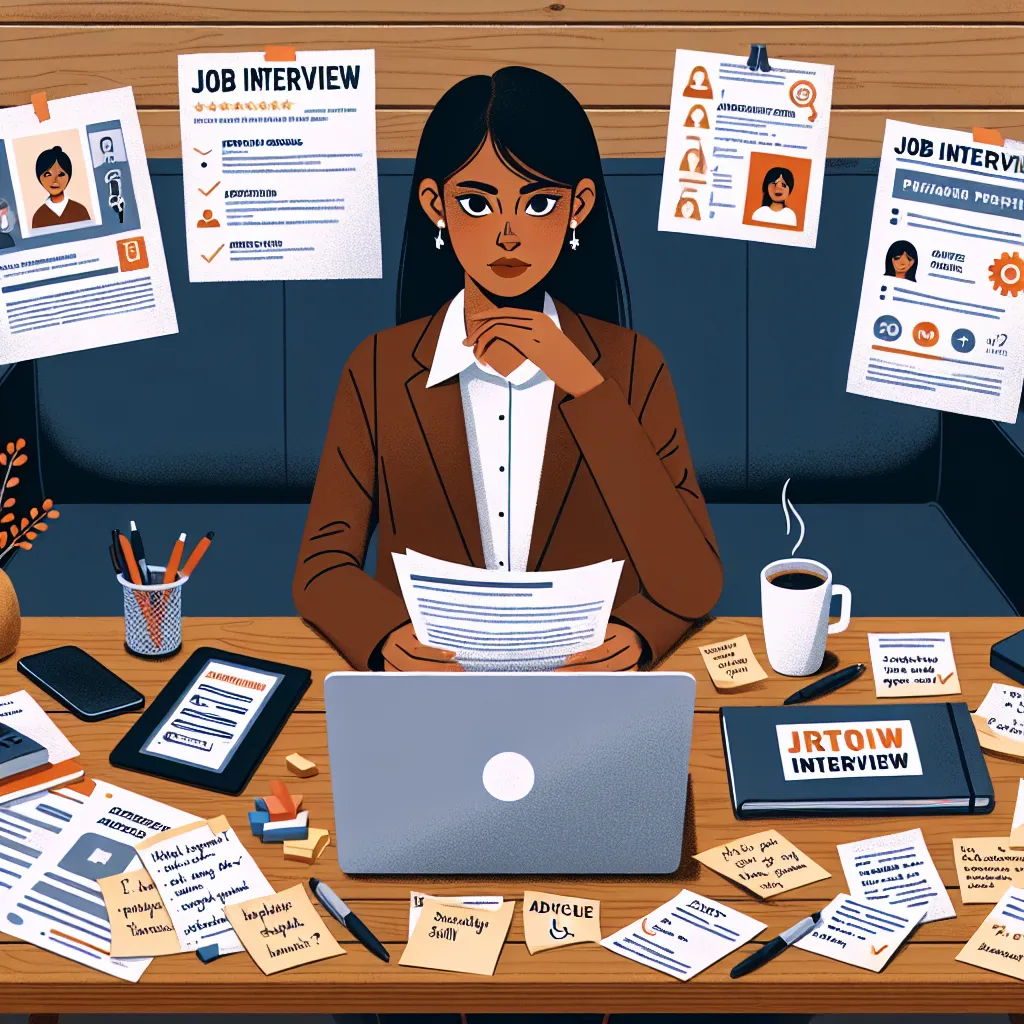In today’s global workplace, the ability to articulate your role within a team in English is a crucial skill. Whether you’re interviewing for a new position or collaborating with international colleagues, clearly explaining your contributions can significantly impact your professional success. This guide will provide you with valuable insights and practical tips to effectively communicate your team role in English.
Understanding the Importance of Team Role Communication
Before diving into the specifics of explaining your role, it’s essential to recognize why this skill is so vital in the professional world. Employers and colleagues alike value team players who can clearly articulate their contributions and responsibilities.
The Employer’s Perspective
When evaluating candidates or team members, employers typically assess:
- Communication skills
- Self-awareness
- Understanding of team dynamics
- Ability to contribute to collective goals
By effectively explaining your role, you demonstrate proficiency in all these areas, making you a more attractive candidate or valuable team member.
 Team Collaboration
Team Collaboration
Key Aspects to Cover When Explaining Your Team Role
When describing your role in a team, focus on these essential elements:
1. Your Official Title and Primary Responsibilities
Start with the basics. Clearly state your job title and outline your main duties. For example:
“As a Project Coordinator, my primary responsibilities include scheduling team meetings, tracking project milestones, and ensuring effective communication between team members and stakeholders.”
2. Your Unique Contributions
Highlight the specific skills or expertise you bring to the team. This could include:
- Technical skills
- Soft skills
- Industry knowledge
- Innovative ideas
Example: “My background in data analysis allows me to provide critical insights that help guide our team’s decision-making process.”
3. Your Interaction with Team Members
Explain how you collaborate with others and support the team’s overall objectives. For instance:
“I work closely with our designers and developers, bridging the gap between creative concepts and technical implementation to ensure our projects meet both aesthetic and functional requirements.”
4. Your Impact on Team Goals
Demonstrate how your role contributes to achieving team objectives. Use specific examples or metrics when possible:
“By implementing a new project management tool, I helped increase our team’s efficiency by 25%, allowing us to complete projects ahead of schedule consistently.”
Sample Answers for Common Interview Questions
Let’s explore some typical interview questions about team roles and how to answer them effectively:
Q1: Can you describe your role in your current/previous team?
A: “In my current role as a Marketing Specialist, I’m responsible for developing and executing social media campaigns. I collaborate closely with our content creators and graphic designers to ensure our messaging is consistent and engaging across all platforms. My analytical skills come into play when I track campaign performance and provide insights to optimize our strategies. For instance, I recently identified a trend in user engagement that led to a 30% increase in our social media following when we adjusted our posting schedule.”
Q2: How do you contribute to team success?
A: “I contribute to our team’s success in several ways. Firstly, I bring a strong attention to detail, which helps in quality control and ensuring our deliverables meet high standards. Secondly, I’m known for my problem-solving skills. When we face challenges, I often take the initiative to research solutions and present options to the team. Lastly, I foster a positive team environment by recognizing my colleagues’ achievements and offering support during high-pressure periods.”
Q3: How do you handle conflicts within a team?
A: “When conflicts arise, I approach them with a focus on open communication and finding common ground. For example, in a recent project, there was a disagreement between team members about the best approach to meet a tight deadline. I organized a meeting where everyone could express their concerns and ideas. By facilitating this discussion, we were able to combine the best elements of each proposal and create a solution that everyone supported. This approach not only resolved the immediate issue but also strengthened our team’s collaborative spirit.”
Tips for Handling Unexpected Questions
Sometimes, you might encounter questions about aspects of teamwork you’re less familiar with. Here are some strategies to handle these situations:
-
Be honest: If you’re unsure about a specific aspect, it’s okay to admit it. You can say something like, “That’s an interesting aspect of teamwork I haven’t encountered yet, but I’m eager to learn more about it.”
-
Draw from related experiences: Even if you haven’t had the exact experience, you can often draw parallels from other situations. For example, if asked about leading a team and you haven’t had that role, you could discuss how you’ve taken initiative in group projects.
-
Focus on your learning ability: Emphasize your adaptability and willingness to learn new skills or take on new responsibilities within a team.
-
Ask for clarification: If you’re not sure about the question, it’s perfectly acceptable to ask for more details or context before answering.
Common Mistakes to Avoid When Explaining Your Team Role
When discussing your role in a team, be careful to avoid these common pitfalls:
-
Downplaying your contributions: While it’s important to acknowledge team effort, don’t minimize your own impact. Be confident in articulating your value.
-
Overemphasizing individual achievements: Remember to balance your personal contributions with how they benefit the team as a whole.
-
Using vague language: Be specific about your responsibilities and achievements. Use concrete examples and, where possible, quantifiable results.
-
Neglecting to mention collaboration: Even if your role is highly independent, always highlight how you interact with and support other team members.
-
Failing to align with the job requirements: When interviewing, make sure to emphasize aspects of your team role that are most relevant to the position you’re applying for.
 Interview Preparation
Interview Preparation
Follow-up Interview Questions and Suggested Responses
Here are some additional questions you might encounter, along with guidance on how to respond:
-
Q: How do you adapt your communication style when working with different team members?
A: “I believe effective communication is key to team success. I make an effort to understand each team member’s preferred communication style and adapt accordingly. For instance, I use more detailed written reports for team members who prefer comprehensive information, while I opt for quick, face-to-face check-ins with those who favor direct communication.” -
Q: Can you give an example of how you’ve helped a team overcome a significant challenge?
A: “In a previous role, our team was struggling to meet a crucial project deadline due to unexpected technical issues. I took the initiative to organize daily stand-up meetings to improve communication and identify bottlenecks quickly. I also reached out to other departments for additional resources. These actions helped us streamline our process and ultimately deliver the project on time.” -
Q: How do you ensure your work aligns with the team’s goals?
A: “I always start by ensuring I have a clear understanding of our team’s objectives. I regularly check in with my team leader and colleagues to confirm my tasks are aligned with our goals. Additionally, I use project management tools to track my progress and how it contributes to the overall team targets.” -
Q: How do you handle situations where you disagree with a team decision?
A: “When I disagree with a team decision, I first try to understand the reasoning behind it. I then express my concerns constructively, focusing on the potential impact on our goals rather than personal preferences. If the team still decides to go in a different direction, I support the decision fully and do my best to contribute to its success.” -
Q: How do you balance your individual responsibilities with team collaboration?
A: “I prioritize my tasks based on their impact on team goals and deadlines. I use time management techniques to ensure I complete my individual responsibilities efficiently. At the same time, I allocate specific times for team collaboration, such as meetings or brainstorming sessions. This approach allows me to maintain productivity while remaining an active and supportive team member.”
Conclusion
Effectively explaining your role in a team is a valuable skill that can significantly enhance your professional profile. By clearly articulating your responsibilities, contributions, and impact, you demonstrate not only your individual capabilities but also your understanding of teamwork and organizational dynamics. Remember to be specific, use concrete examples, and always highlight how your role contributes to the team’s overall success. With practice and these guidelines in mind, you’ll be well-equipped to discuss your team role confidently in any professional setting.
To further enhance your interview skills, you might find it helpful to read about how to discuss your analytical skills in an interview or how to explain your job responsibilities in an interview. These resources can provide additional insights to help you present yourself as a well-rounded and valuable team player.




